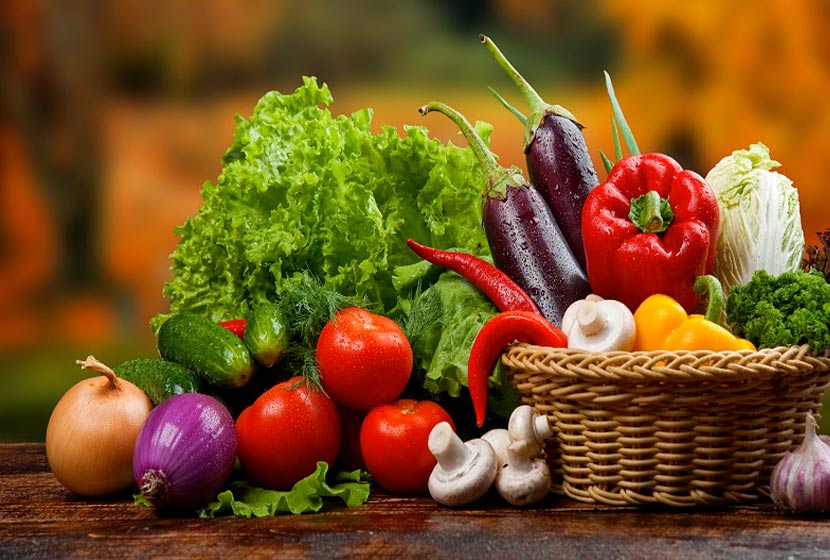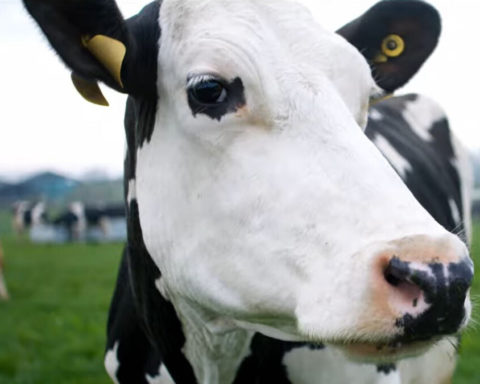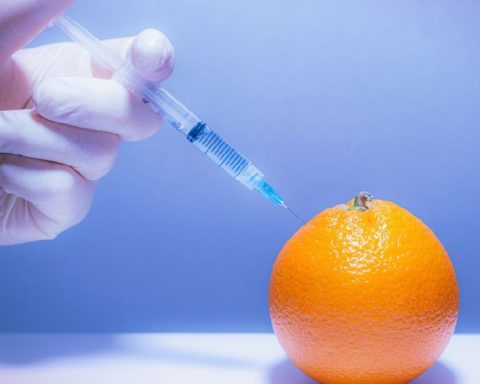An international team of experts led by the University of Newcastle in the UK has just published a study that proves that organic products contain more antioxidants and fewer heavy metals than conventional products, and are therefore better for your health.
While the Senate has just adopted during its second reading of the Law for the Future of Agriculture (LAAF) an amendment providing for "the possibility for the administrative authority to control the means to meet the objective, when using plant protection products, of limiting the drift or entrainment of products from plots of land located near dwellings, in order to improve the protection of local residents", un international team of experts led by the University of Newcastle in the United Kingdom has just published a study that proves that organic products contain more antioxidants and fewer heavy metals than conventional products, and are therefore better for your health.
One out of two French people regularly consume organic products
Cancer, diabetes, cardiovascular diseases: a vegetarian diet to cure?
Analyzing in 343 scientific studies the compositional differences between organic and conventional crops, the team found that switching to the consumption of organic fruits, vegetables and grains - and food prepared from them - would provide additional antioxidants equivalent to consuming an additional 1 to 2 servings of fruits and vegetables per day.
The results show concentrations of antioxidants such as polyphenols of 20 to 60 % higher in organic foods than in other foods. "Moving from conventional to organic fruits, vegetables and cereals (or foods prepared from them) would increase polyphenol intake by 20 to 40 % (and up to 60 %) for some of them without additional calories. underline the authors. "Numerous studies have linked antioxidants to a reduced risk of certain chronic diseases, including cardiovascular and neurodegenerative diseases and certain cancers.
The study, which has just been published in the prestigious scientific journal British Journal of NutritionThe study also shows significantly lower levels of toxic heavy metals in organic crops. In particular, cadmium, which is one of only three metal contaminants along with lead and mercury for which the European Commission has set maximum allowable levels of contamination in food, was found at levels nearly 50% lower in organic crops compared to conventional crops.
Professor Carlo Leifert of the University of Newcastle, who led the study, said: "The organic versus non-organic debate has been going on for decades now, but the evidence from this study is irrefutable: organic foods are high in antioxidants and low in heavy metals and toxic pesticides.
François Veillerette, spokesperson for Future Generations, also stated : "This study shows that organic food not only contains no pesticide residues and protects the environment, but also produces food with intrinsic nutritional qualities that are very favourable to health. The French government must take these elements into account and significantly increase its efforts to support the development of the organic sector in France and promote access for all to this healthy food.
See the study published in the British Journal of Nutrition.












